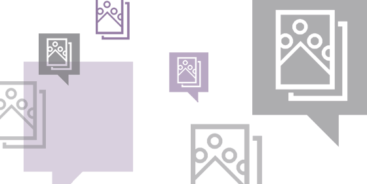An Ethical Approach to Artificial Intelligence
13 March 2025
Social media describes the social interaction through a suite of technology based tools, many of which are internet based. It includes, but is not limited to, internet forums and networking sites such as Facebook, Twitter, LinkedIn, Instagram, WhatsApp and blogs. Its speed and scope means that once content is published is it available instantaneously, to a potentially global audience.
Employees’ use of social media on behalf of the company, as well as their personal use, poses ethical challenges to organisations. Using social media in an irresponsible way can undermine the company’s commitment to ethical practice and expose it to integrity risk. Employees managing content on their company’s social media pages may carry a risk to their company's reputation. Alternatively, employees may post negative comments about their company on their personal profiles. Not only is this difficult to control, but it may also result in reputational damage for the organisation.
Companies need to be wary of how social media impacts their duty of care. It is hard to monitor cases of ‘cyber-bullying’, along with cases of harassment and discrimination. The challenge is determining acceptable levels of monitoring employees’ personal use of social media, while avoiding any limitations to individuals’ freedom of expression.
Companies commonly use social media to promote their products and services. The ability to interact more directly with customers is both an opportunity and a risk. It is common practice for companies to advertise their goods and services on social media, while declaring that they have promoted their advertising and/or have an interest in the company if the advertisement is published by a separate party. To prevent reputational damage, companies need to be aware of fair competition guidelines when deploying various tactics for social media advertising and be open about how they use data.

This Board Briefing suggests questions for those in the boardroom to ask to help address the ethical challenges of AI in their businesses. It uses case studies to highlight the real-world dilemmas which boards are facing.
04 June 2019

Social media presents organisations with both ethical challenges and opportunities. As it blurs the boundaries between our personal lives and work, it can be a difficult balance for companies to protect their reputations, uphold their responsibilities to stakeholders, and empower employees to use social media ethically and effectively.
02 May 2019